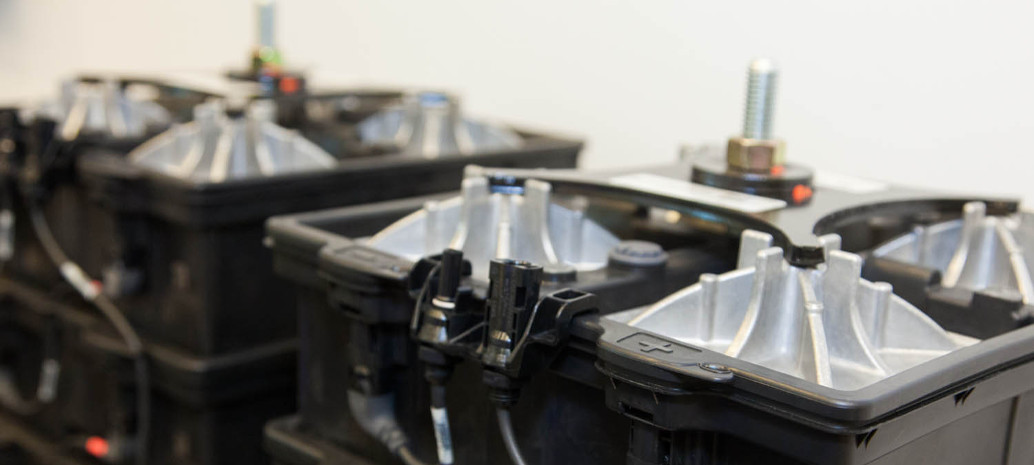The government has notified that the basic import duty on battery packs used in manufacturing electric vehicles will be tripled to 15% from the current 5% with effect from April 2021. Lithium ion cells used in manufacturing of lithium ion accumulator for EVs will attract doubled duty of 10% from April 2021.
Parts used in manufacturing electric vehicles (EVs) will attract basic customs duty of 15%. Currently, these parts—AC/DC charger, motor and motor controller, power control unit, etc—face nil import duty, daily newspaper Economic Times quoted PTI while sharing the notification details.
While the import duty on completely knock-down kits used in EVs (including passenger and commercial vehicles) will be hiked to 15% from current 10%, completely built units of electric buses and trucks will face doubled duty of 50% from April 2020, added the report.
Notably, these hikes in customs duty—to be implemented in phases—are aimed to create a robust indigenous electric vehicles and related sub-assembly/components manufacturing base in India, as the government eyes mass adoption of EVs through schemes like FAME II to be rolled out from April.
The announcement comes after the Union cabinet recently approved Phased Manufacturing Program to support large-scale, export-competitive integrated batteries and cell-manufacturing giga plants in India, along with another program to localize production across the electric vehicles value chain. The two programs are intended to run until 2024.
To implement gigawatt-scale battery manufacturing, a National Storage Mission will initially focus on large-scale module and pack assembly plants during the fiscal year that starts next month, followed by integrated cell manufacturing by 2021-22. It will prepare a roadmap for India to leverage its size to produce innovative, competitive multi-modal mobility solutions to be deployed globally.
This content is protected by copyright and may not be reused. If you want to cooperate with us and would like to reuse some of our content, please contact: editors@pv-magazine.com.









By submitting this form you agree to pv magazine using your data for the purposes of publishing your comment.
Your personal data will only be disclosed or otherwise transmitted to third parties for the purposes of spam filtering or if this is necessary for technical maintenance of the website. Any other transfer to third parties will not take place unless this is justified on the basis of applicable data protection regulations or if pv magazine is legally obliged to do so.
You may revoke this consent at any time with effect for the future, in which case your personal data will be deleted immediately. Otherwise, your data will be deleted if pv magazine has processed your request or the purpose of data storage is fulfilled.
Further information on data privacy can be found in our Data Protection Policy.